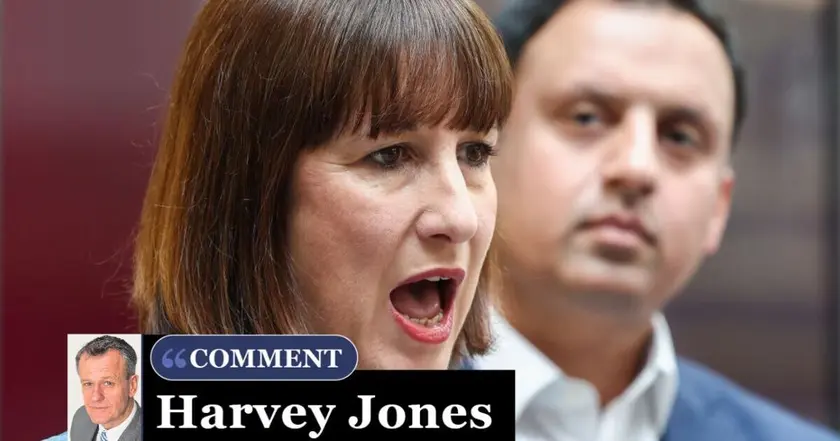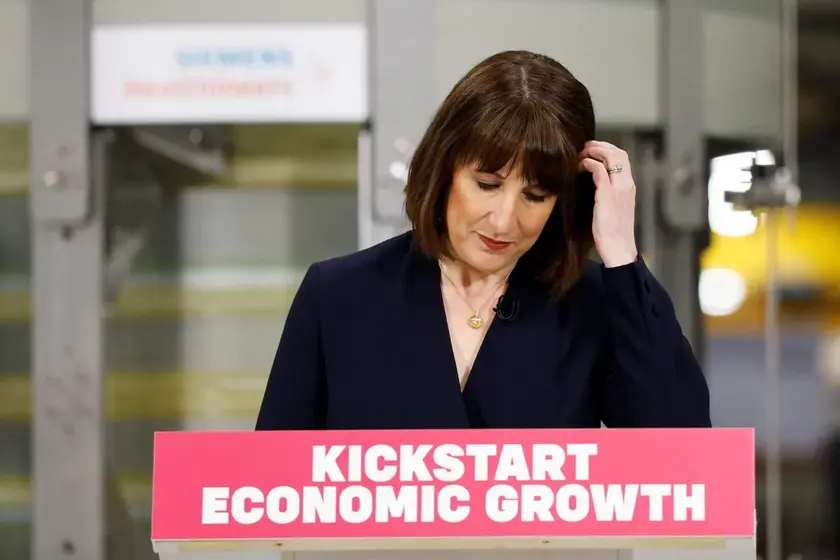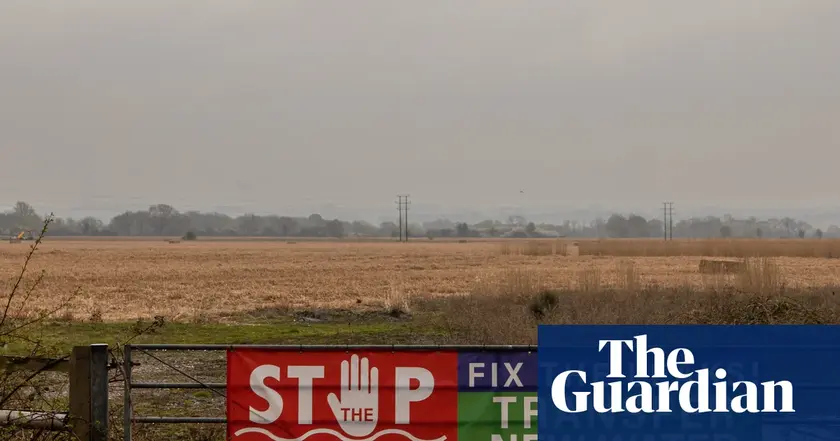T4K3.news
Budget risks debated as Reeves plan moves forward
A fiscal plan sparks debate over tax rises, debt and regional outcomes in the UK and Scotland.

A critical examination of a budget plan critics say will raise taxes and deepen regional gaps.
Reeves plan risks UK fiscal stability
Chancellor Rachel Reeves has proposed a budget critics argue relies on higher taxes and more borrowing. The article notes that in the last financial year the UK borrowed 148 billion pounds. Reeves introduced 40 billion pounds in tax increases in the first Budget and added 30 billion pounds of new borrowing. The result, the piece says, is weaker growth and debt rising toward 3 trillion pounds, with the deficit widening. In 2024/25 the deficit rose from 4.8% to 5.3% of GDP, and taxes already take about 37.7% of national income. The piece argues that with Labour MPs blocking meaningful spending restraint, taxes could rise further and growth could slow.
The article then turns to Scotland, reporting a deficit of 11.6% of GDP for 2024/25. Excluding North Sea oil and gas, the deficit would be 14.3%. Spending rose 5.6% to 117.6 billion pounds, while revenues grew only 1.5% to 91.4 billion. Officials are cited as saying “Scottish revenue is growing more slowly and Scottish expenditure growing more quickly than the UK.” Scotland spends a large share of GDP on public services, yet outcomes are described as worse than the UK average, with NHS waiting lists, weaker social care, and education results lagging English peers. The Guardian’s 2023 line about the SNP is referenced to question governance. The author argues Labour’s approach could replicate this pattern in England, suggesting Reeves’ strategy may pull England down along with Scotland.
Key Takeaways
"Scottish revenue is growing more slowly and Scottish expenditure growing more quickly than the UK."
From a Government Expenditure and Revenue Scotland report cited in the article
"The Scottish decline has happened on the watch of the self-styled progressive SNP"
Guardian quote cited in the article
"people in Scotland will rightly expect to see better outcomes"
Ian Murray on public expectations
"Labour won't learn the right lessons from this"
Author's commentary on Labour policy direction
The piece frames the policy debate as a clash between higher taxes and the need for growth, highlighting structural tensions between public spending and productivity. It suggests that simply piling on debt and tax increases without stronger growth strategies can deepen regional disparities and undermine public services. The analysis casts Labour’s broader plan as a risk to both fairness and competitiveness if the growth dividend never materializes. It also raises questions about how to balance fiscal responsibility with the political demand for better public outcomes, including education and healthcare. The argument implies that cross‑country comparisons can become a political weapon, and that any plan must address productivity, regional diversification, and credible reform to avoid a cycle of rising debt and stagnant living standards.
Highlights
- Debt is a time bomb wrapped in tax receipts
- Policy without growth is a tax on the future
- Regions deserve a plan that lifts both living standards and investment
- If promises outpace productivity, the price is paid by households
Budget policy risks political backlash
The piece discusses high borrowing, rising taxes, and regional disparities in Scotland. It highlights sensitive political topics and the potential for public reaction or controversy.
Policy choices in the coming months will reveal whether the path offers reform or deeper strain.
Enjoyed this? Let your friends know!
Related News

Reeves eyes broad tax hikes in Autumn Budget

Labour to revive NPR plan ahead of conference

Reeves plans stealth taxes to fill budget gap

Police will share suspects ethnicity and nationality

Treasury weighs IHT tweak up ahead of budget

Idaho Implements New Vaccine Policies Amid Trust Crisis

Reeves moves to curb habitat protections to speed projects

Heathrow expansion faces strong opposition from rival proposal
